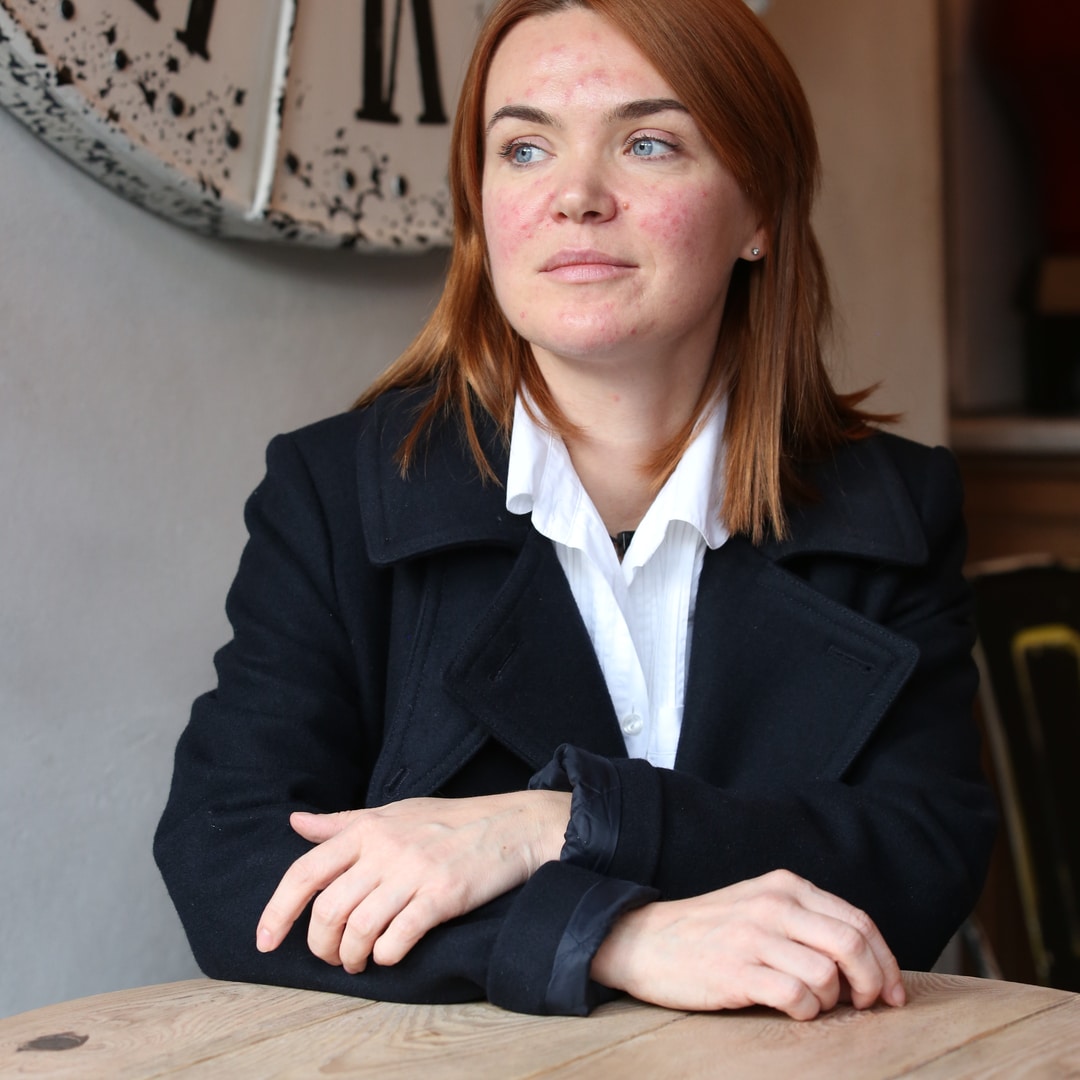There is no denying that 2020 has been very stressful for all of us but how does stress affect your skin?
The skin is the largest organ in the body and has an important barrier as well as immune function. It maintains a balance between the environment and the internal structures. The skin consists of an outer layer, the epidermis, that is constantly shedding and renewing itself, and an inner layer, the dermis, producing new cells. The epidermis is the physical barrier while the dermis contains most of the immune protection mechanisms. The epidermal skin barrier is essential for maintaining skin hydration and protection against microbial invasion.
Psychological stress can affect the skin directly and our behavioural response to stress can distress it further.
How does stress affect your skin directly?
However, with chronic stress instead of short bursts of cortisol release, our baseline level of cortisol secretion is increased. The result is a pro-inflammatory state within the skin. There will be a release of substances called cytokines and immune cells. The skin has specific receptors for these chemicals and when activated, result in inflammation within the skin.
How does your skin respond?

Inflammation can result in defects in the skin barrier function causing moisture loss and sensitivity. This can cause dryness, a flare-up of rosacea, and other conditions like eczema.
Inflammation can activate pigmentation pathways making melasma worse.
Stress hormones can stimulate more oil production leading to blemishes and a flare-up of acne.
Inflammation causes circulation problems worsening rosacea.
Chemicals released during stress hinder collagen production. Collagen depletion leads to skin sagging, wrinkle formation and compromise wound healing.
There is evidence that stress can speed up skin ageing via DNA damage.
Stress can exacerbate existing skin conditions such as psoriasis and cause hair loss.
Stress can set off allergic reactions. Urticaria and stress can form a vicious circle.
How does your response to stress affect your skin?

Eating and drinking habits
We often consume more sugar and alcohol during stressful periods but both of these can affect your skin. When there is excess sugar than the body can handle there is a chemical reaction between the sugar and proteins within the skin structure called glycation. This affects our collagen and elastin leading to loss of elasticity and wrinkle formation.
Alcohol can trigger or initiate rosacea by dilating blood vessels. Excess alcohol can affect sleep patterns which in turn affect the skin. The high sugar content of alcohol affects your skin. Alcohol causes damage by forming free radicals which disrupt skin cell function. Overall heavy drinking causes under-eye puffiness, flushing and volume loss in your cheeks.
With smoking, the damage to the skin is related to the amount and length of exposure to tobacco. The free radical damage to collagen results in more pronounced lines and wrinkles which can make you appear older than you are.
Sleep patterns
Self-neglect
Without a regular daily routine such as going out to work, it’s easy to become inconsistent with self-care. Omitting to continue a good skincare routine or neglecting to cleanse properly can reverse months of hard work. You may be tempted to skip sunscreen use while staying indoors, but high energy visible light emitted from screens such as phones and laptops damages our skin. UVA radiation can penetrate glass windows, clouds, fog, and rain and is present constantly throughout daylight hours throughout the year.
Adopting unhelpful habits like scratching and picking at your skin stimulates more inflammation and can lead to scarring.
Social isolation and withdrawal
How can you reduce the negative impact of stress on your skin?

Recognise your stress
Try to set a routine for your day
Stick to the routine
Adopt a good skincare routine tailored to your skin. Try and include a suitable cleanser, an antioxidant serum, skin-calming ingredients and a good quality sunscreen. Some people have actually used the lockdown as ‘me-time’ to up their skincare-game.
Consider meditation, yoga or some form of exercise to encourage the release of ‘happy’ hormones.
Surround yourself with positivity.
Take breaks and get fresh air outdoors if possible.
Talk to loved ones and friends.
Seek help early.
If you would like to get a bespoke approach to your skin concerns, contact me at Skin Enhance And Wellness where I offer a variety of skincare products including prescription-only skincare. It is best to have a consultation first to assess suitability and start home treatment to minimise the effect of stress on your skin and improve your skin health overall.
For further enquiries:


Recent Comments